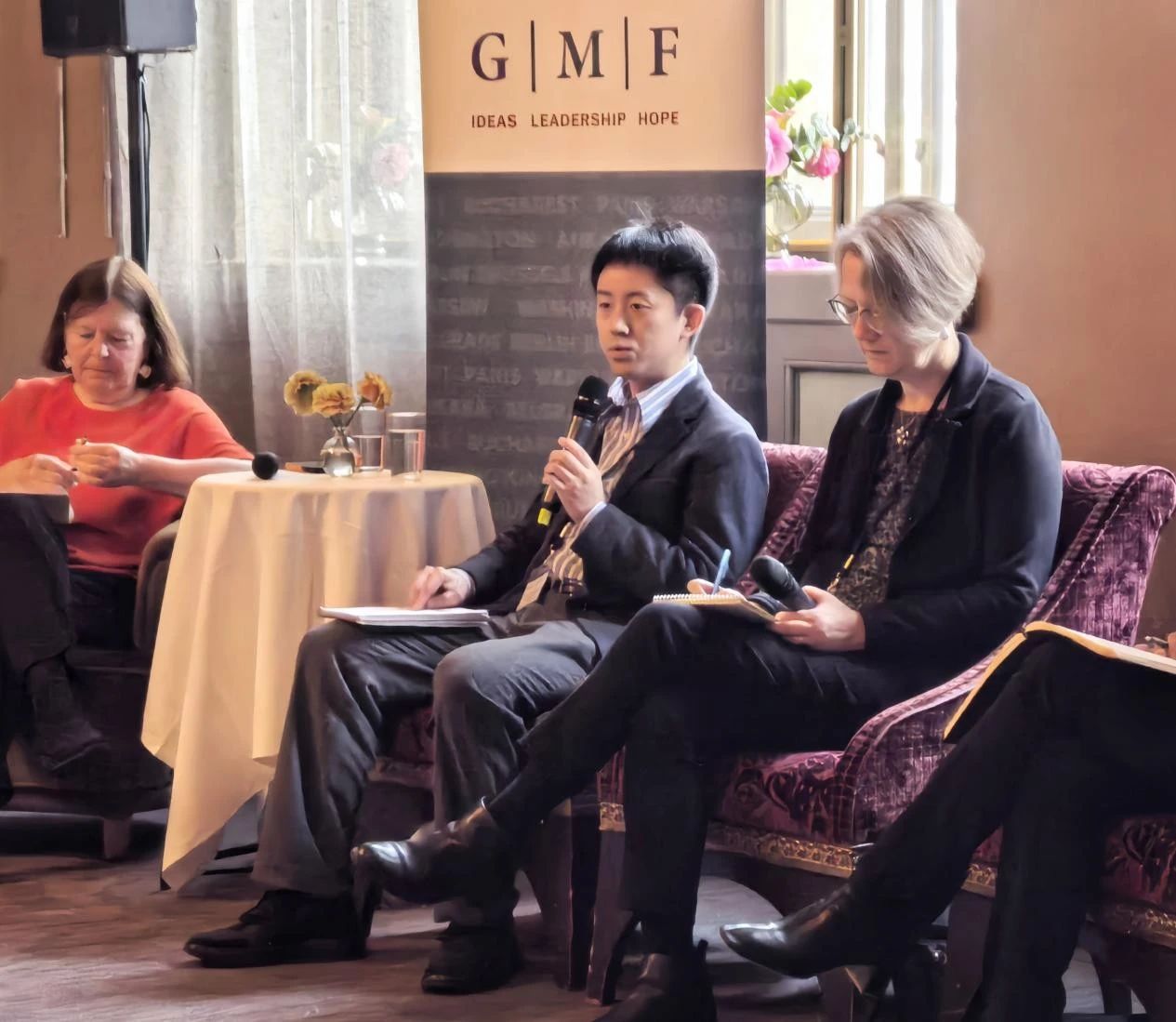From May 21 to 22, Dr. Sun Chenghao, Associate Research Fellow at the Center for International Security and Strategy (CISS), Tsinghua University, was invited to attend the 31st Stockholm China Forum in Sweden. As a speaker in the opening session, Dr. Sun delivered remarks and engaged with questions from the audience.

In his speech, Dr. Sun noted that while former President Donald Trump’s China policy did not fundamentally alter the course of U.S. strategic competition with China, it reflects three key considerations. First, playing the “China card” serves Trump’s domestic political agenda, particularly to appeal to supporters of his “Make America Great Again” platform who expect a tough stance on China. Second, the pursuit of economic and trade gains from China remains a core objective. However, rather than seeking a short-term deal, the Trump administration may aim to reduce dependence on China, enhance U.S. leverage, and secure long-term strategic advantage. Third, applying pressure on China is intended to “win the competition,” with Trump building upon Biden-era policies while also reviving elements of his own first-term approach.
Dr. Sun also pointed out several risks associated with Trump's China policy. He emphasized that the competitive posture—based on pressure in economic, technological, and rhetorical domains—lacks clear limits and boundaries, creating potential for dangerous entanglements across issue areas. Moreover, the Trump administration’s current China policy lacks coherence, and its ambiguous messaging may undermine the credibility of the U.S. government. He concluded by stating that Washington should reflect on how to avoid driving global division and consider how to engage with China in a more constructive and sustainable manner.
The Stockholm China Forum was established in 2007 by the Swedish Ministry for Foreign Affairs and the German Marshall Fund of the United States. It is a key platform for trilateral dialogue among China, the U.S., and Europe, focusing on China’s development and foreign relations, global economic and security issues, and international hotspots. The 31st forum centered on topics such as the international order, U.S.-China-Europe relations, and security in the Eurasian and Asia-Pacific regions.
